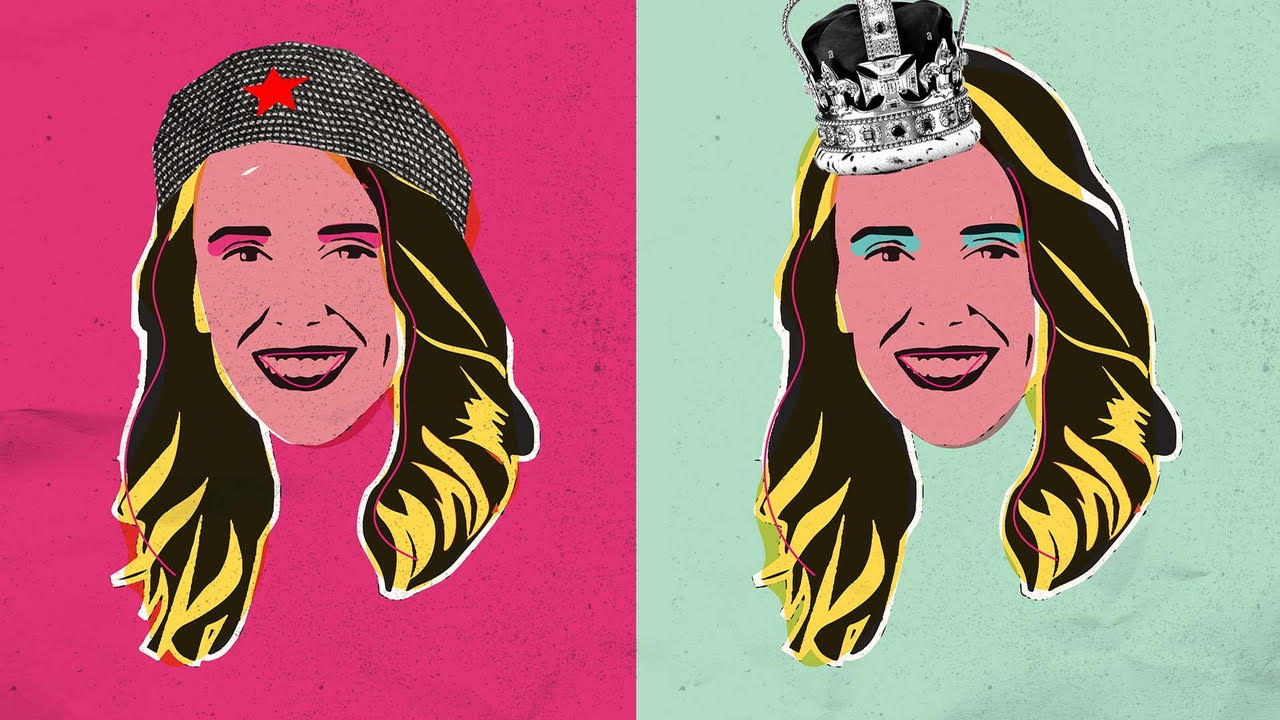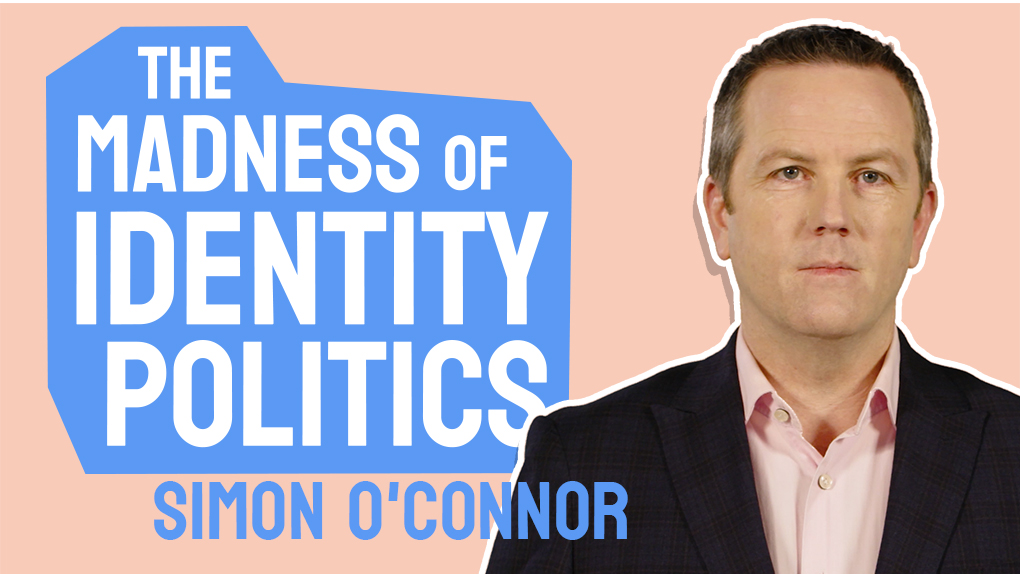From comrade to Dame in a New York minute
Thomas Cranmer, Contributing Writer
8 June 2023

They say that a week is a long time in politics and indeed that seems to be truer now than ever. But consider, for a moment, the transformation that our former Prime Minister Jacinda Ardern made during her 15 years in New Zealand’s Parliament.
When Ardern was first elected to Parliament in 2008, she was still the President of the International Union of Socialist Youth. She managed both roles for her first 15 months in Parliament and was famously filmed giving the closing remarks at the 2009 IUSY Festival in Hungary where she referred to her fellow members as ‘comrades’ no fewer than 15 times during her seven-minute speech.
It was a speech that stressed activism and solidarity, and urged those present to take action on poverty, climate change and LGBTQ rights. Ardern delivered her remarks with the zeal and enthusiasm of a youthful insurgent.
Fast-forwarding to the present day, Ardern has departed from New Zealand politics following a remarkable ascent that shone brightly but quickly waned. One of the final acts of her exit was the announcement, as part of last weekend’s King’s Birthday Honours, that the former Prime Minister would become Dame Jacinda Ardern. It was possibly the fastest transition from comrade to dame that anyone has ever achieved.
The Honours system always creates a degree of chatter when awards are announced, and Ardern’s damehood naturally attracted comment in the press and social media.
John Key gave an orthodox defence of the Honour, commenting that, “I think it is very standard that a former prime minister receives a significant honour and I think most people wouldn’t begrudge that.”
“I think every single one has received one. In my memory they have had a level of recognition with the Honours system,” said Key.
Whilst Key’s comments were uncontroversial, they omitted to acknowledge the uneasy relationship that the Labour Party, and Ardern in particular, has with the Honours system. In 2000, Helen Clark famously announced that knighthoods and damehoods had been abolished, only for John Key to restore them in 2009.
In 2010, Clark received New Zealand’s highest accolade, becoming a member of the Order of New Zealand. At the time she said that she felt privileged to join the “incredible New Zealanders” in the order, but “certainly would not” have accepted a damehood.
Clark’s principled stance was similar to one of her predecessors, Jim Bolger, another republican who also wanted to scrap the Honours system. There are, of course, many other examples of New Zealanders who have felt unable to accept an Honour due to the connection to the British monarchy, or simply because ‘Sir’ or ‘Dame’ sounded too grand.
Elsewhere there are examples of nationalist or republican political parties such as Sinn Féin, Plaid Cymru and the Scottish National Party that have taken a similar stance of abstentionism or refusal by their members to participate in state honours associated with the British establishment.
There are, therefore, two things wrong with Ardern’s gong.
The first is the unseemly haste in which it has been conferred. Certainly in the UK there is usually a longer period between senior politicians leaving office and the awarding of Honours to them. Tony Blair, for instance, left office in 2007 and yet only received his knighthood in the 2021 New Year’s Honours. Although he was a hugely successful Labour Prime Minister, his premiership was damaged by his support for the ill-fated Iraq War. The gap between leaving office and his knighthood, in part, let that controversy settle down and placed his time in office in its historic context.
In New Zealand, Honours are awarded more quickly to politicians but even so, the review of the Government’s Covid response is still ongoing, and it will take many years for the pandemic years and the response of our politicians during that time to be fully weighed and measured. And indeed for final judgment to be handed down by commentators and historians on the Ardern Government. But then again, you don’t become Prime Minister at 37 and retire at 42 “with nothing left in the tank” by waiting. That’s not Ardern’s style.
The second bone of contention is that Ardern has only ever given lukewarm support for the British monarchy and has never shown any real enthusiasm for articulating its positive role in New Zealand’s culture and constitution. That’s been a shame because it may have cooled some of the heated political rhetoric that has emerged over Treaty politics during her premiership. For many in the country, socialist and republican colours are still visible beneath Ardern’s polished image as a modern Labour Party leader. That, of course, opens Ardern up to claims of hypocrisy.
That’s possibly why it was reported that Ardern was “in two minds” as to whether to accept the damehood, and why her more principled mentor, Helen Clark, was unavailable to comment when approached by the media.
It’s an issue that hasn’t gone unnoticed in the UK. In an opinion piece in the Telegraph, commentator Allison Pearson reports choking on her porridge when news reached her of Ardern’s damehood. Referring to the former Prime Minister as “Obergruppenführer Ardern” on account of her strict approach to Covid, Pearson observed that more time was spent “polishing her halo” than acting on more pressing matters.
Pearson concludes by asking, “Why would she want the title anyway? Ardern is a socialist and closet republican who would like to see the downfall of the institution whose glittering bauble she now shamelessly grasps with both hands. Why on earth is the King ennobling one of the monarchy’s enemies?”
Ardern is not the only current Labour politician with republican stripes that has a liking for establishment Honours. The mother of Chris Hipkins and the parents of Kelvin Davis have all received New Year’s Honours during this Government’s term when both Hipkins and Davis sat on the Appointments and Honours Committee. No doubt the awards were well deserved and Hipkins and Davis excused themselves from the relevant decisions.
However, it does serve to highlight an uneasy relationship between some members of the Labour Party and the Honours system. At the core, it can be seen as a tension between pragmatism and principle. While the party may be critical of the monarchy and the system of Honours it represents, it recognises the political reality and the public’s perception of the Honours system as a worthy institution. As such, it engages with the system and participates in the nomination and awarding process, despite reservations about its underlying structure.
In its modernised form, the current system is flexible enough to accommodate traditionalists such as Key, and republicans such as Clark and Bolger. But in Ardern’s case, her damehood looks to many like opportunism and hypocrisy.
And despite declaring that she had nothing left in the tank, Ardern remains an ambitious politician in a hurry. The revolutionary socialist youth leader of 15 years ago remains. The damehood is only temporary. Saint Jacinda of Be Kind beckons.
Thomas Cranmer is a lawyer with over 25 years experience in some of the world’s biggest law firms. He divides his time between the UK and NZ. He writes on Substack exploring issues facing NZ under his nom du plume, Cranmer.
To receive pieces like this in your inbox subscribe to our newsletter.




